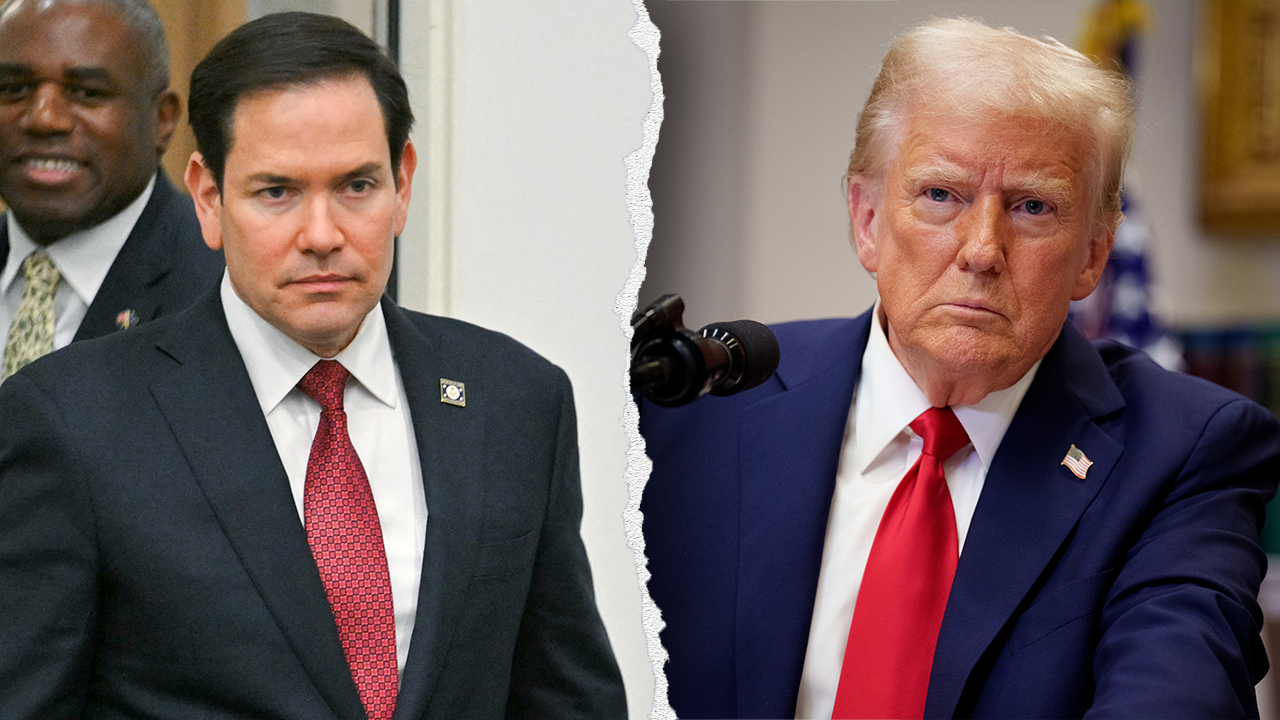World
A year of fighting between Israel and the Palestinians just escalated. Is this an uprising?

TEL AVIV, Israel (AP) — Airstrikes targeting Palestinian militants in a crowded residential area. Armored bulldozers plowing through narrow streets, crushing cars and piling up debris. Protesters burning tires. A mounting death toll.
Israel’s large-scale military raid into the Jenin refugee camp in the occupied West Bank on Monday had undeniable similarities with the second Palestinian uprising of the early 2000s — a period that claimed thousands of lives.
But the current fighting is also different from those intense years of violence. It’s more limited in scope, with Israeli military operations focused on several strongholds of Palestinian militants.
The U.N. peacekeeping force along the Lebanon-Israel border says its commander is in contact with officials in both countries over tensions regarding two tents set up by the militant Hezbollah group.
Thousands of Israelis blocked traffic and snarled movement at the country’s main international airport, in the latest mass demonstration over Benjamin Netanyahu’s contentious planned judicial overhaul that has divided the nation.
Israel has used drones to strike targets in a militant stronghold in the occupied West Bank and deployed hundreds of troops in the area.
Israel says it will buy 25 F-35 aircraft from the United States. Israel’s Defense Ministry announced Sunday that the deal would increase the country’s arsenal of the stealth fighter jets by 50%.
It’s also a symptom of a conflict with no foreseeable end. The Palestinian leadership is weakened, and the Israeli government has been accelerating the expansion of settlements that have eroded any chance of Palestinian statehood.
WHAT IS AN INTIFADA?
The word that means “shaking off” in Arabic was coined to describe an uprising against Israel’s military occupation that erupted in 1987. It ended in 1993 with an agreement of mutual recognition between Israel and the Palestine Liberation Organization.
What became known as the first intifada was marked by widespread Palestinian protests and a fierce Israeli response. In the second uprising, which began in 2000, Palestinian militants carried out deadly suicide bombings on buses and at restaurants and hotels, eliciting crushing Israeli military reprisals.
The second uprising pitted Palestinian militant groups against a far more powerful Israeli military. Over 4,000 people died, including vast numbers of civilians. Roughly three times as many Palestinians as Israelis were killed.
Israeli crackdowns upended Palestinian lives, including placing tight restrictions on movement that choked the fledgling economy. For Israelis, especially during the frequent bombings of the second intifada, stepping onto a bus or going out to a restaurant was terrifying.
Those events were initially fueled by widespread participation. Many Palestinians in the West Bank, the Gaza Strip and east Jerusalem — areas captured by Israel in 1967 and claimed by the Palestinians for their state — joined in the protests.
The protests were also driven by the Palestinian leaders, including President Yasser Arafat, whom Israel accused of encouraging and abetting militants. The intifada petered out after Arafat died in 2004 and the current Palestinian president, Mahmoud Abbas, took power.
WHAT IS HAPPENING NOW?
In the spring of 2022, a spate of Palestinian attacks against Israelis prompted Israel to launch near-nightly raids into Palestinian areas of the West Bank.
Israel said the raids were meant to stamp out militant networks. But Palestinian attacks have continued, and the death toll on both sides has risen, making last year one of the deadliest for Palestinians in the West Bank since the second intifada.
The violence has only intensified since Israel’s current far-right government, which is made up of hard-line ultranationalist settlement supporters, took power late last year.
The Palestinian death toll this year in the West Bank and east Jerusalem stands at more than 135, according to a tally by The Associated Press, nearly matching the death toll for all of 2022. Hundreds of Palestinians have been arrested. Some 24 people have been killed in Palestinian attacks against Israelis.
SIMILARITIES AND DIFFERENCES
The region has not seen such a sustained cycle of violence since the second uprising, which lasted about five years. More recent periods of bloodshed have not lasted this long or involved such a strong show of force by the military.
The tactics seen Monday, with airstrikes, armored bulldozers and a brigade of troops, were a mainstay of the second uprising.
But analysts say that’s where the similarities end.
For one, a monthlong Israeli operation in 2002 that was seen as the peak of the fighting during the second intifada involved an intense clampdown on most cities in the West Bank. Israel’s raids over the last year have been smaller in scale. Israel’s targets are also more limited to local armed groups and militant cells.
Other differences, analysts say, include the weakened Palestinian leadership and the lack of popular participation. While protests have erupted in response to the raids, they have not engulfed the entire West Bank.
“Intifada is a people’s uprising. It’s a society that fights,” said Amir Avivi, president and founder of Israel Defense and Security Forum, a hawkish group of former military commanders. Avivi, who served as a battalion commander in the northern West Bank during the 2002 operation, claimed that the current fighting is dominated by militant groups that are funded by Israel’s archenemy, Iran.
Ziyad Abu Zayad, a Palestinian analyst and former Cabinet minister, said the fighting is best described as “waves” of Palestinian anger, not an uprising.
“The problem is not security, but rather political. And as long as there is no political solution, these waves will continue,” he said. “People, mainly young people, want to live in freedom and dignity. They see no future for themselves, and they only see oppression from the occupation.”
WHAT HAPPENS NEXT?
There is no end in sight to the fighting. The military raids have tended to fuel more attacks that prompt even more raids.
As attacks against Israelis have mounted, including one that killed four settlers last month, government members have called for a harsher response. They have also intensively advanced settlement building, further dimming hopes for a negotiated solution to the conflict.
The last 16 months, including Monday’s large-scale raid, showed Israel lacks a long-term vision for how to deal with the Palestinians, said Michael Milshtein, a former military official and head of the Palestinian Studies Forum at Tel Aviv University.
“We need to start thinking strategically about the Palestinian issue,” he said. “We can’t just keep plastering over it.”
Abu Zayad, the Palestinian analyst, said Israel’s government is instead pushing the Palestinians “toward more extremism and violence.”
“If there is opposition to the idea of a Palestinian state, these waves are likely to remain for long periods to come.”
___
Associated Press writers Julia Frankel and Josef Federman contributed to this report from Jerusalem.

World
Trump Shows Approval for Nippon Steel's Bid for US Steel, Blesses 'Planned Partnership'
World
Power outage disrupts final day of Cannes Film Festival, police investigate possible arson
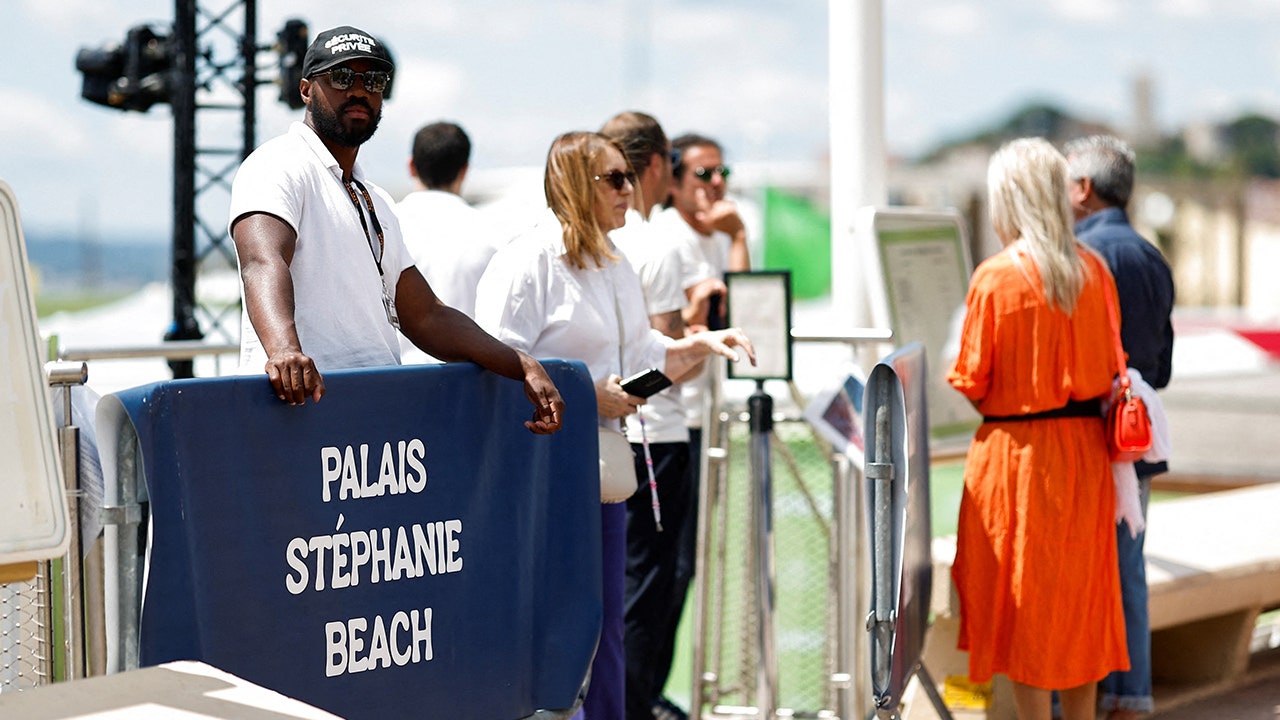
A major power outage struck southeastern France on Saturday morning, threatening to jeopardize the Cannes Film Festival’s closing celebrations, including the much-anticipated Palme d’Or ceremony.
Police said they have opened an investigation into possible arson.
Power was restored hours before the ceremony, around 3 p.m. local time, as music began blasting again from beachfront speakers. The end of the blackout was greeted with loud cheers from locals.
CAUSE OF MASSIVE EUROPEAN POWER OUTAGE UNCLEAR AS FULL SERVICE RETURNS
Staff members of the Palais Stephanie Beach inform customers following a major electricity outage, during the 78th Cannes Film Festival in Cannes, France May 24, 2025. (REUTERS/Benoit Tessier)
Earlier, about 160,000 households in the Alpes-Maritimes department lost electricity after a high-voltage line fell Saturday morning, electricity network operator RTE said on X. The outage came hours after a fire at an electrical substation near Cannes overnight had already weakened the grid.
“We are looking into the likelihood of a fire being started deliberately,” said a police spokesperson for the French national gendarmerie.
In a statement, Laurent Hottiaux, the prefect of the Alpes-Maritimes department, condemned “serious acts of damage to electrical infrastructure[s].”
PUERTO RICO HIT WITH MASSIVE ISLAND-WIDE BLACKOUT AHEAD OF EASTER WEEKEND
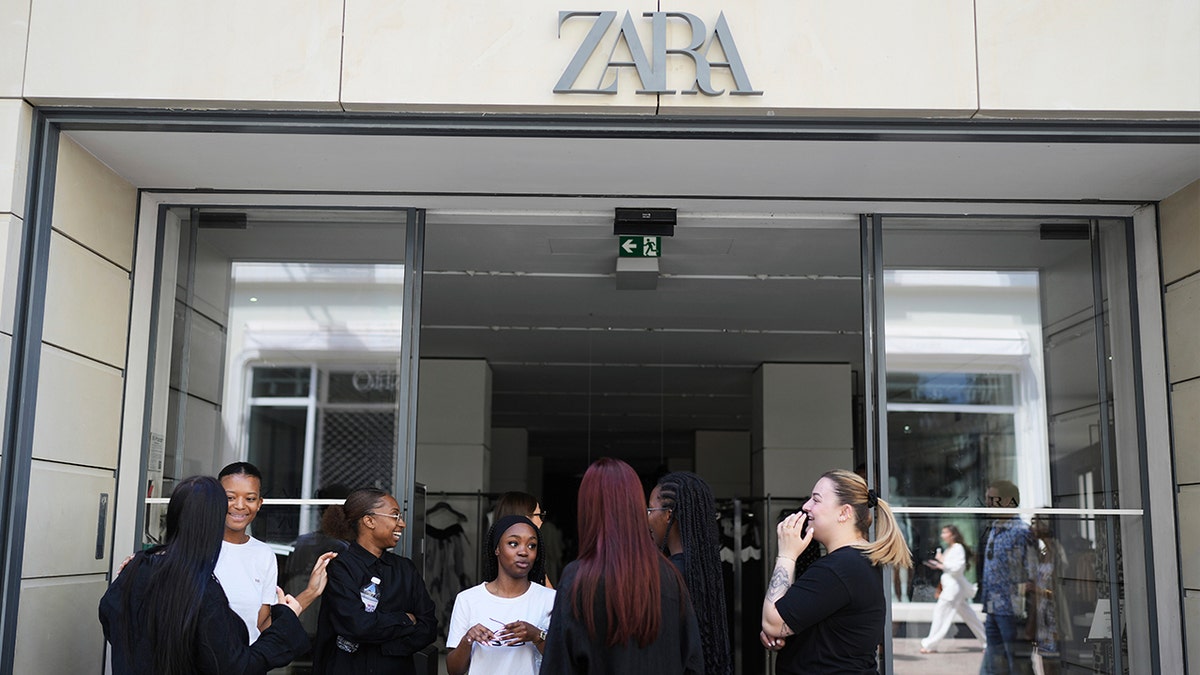
Employees stand outside a shop during an electricity outage in Cannes, southern France, Saturday, May 24, 2025. (AP Photo/Natacha Pisarenko)
“All resources are mobilized to identify, track down, arrest and bring to justice the perpetrators of these acts,” said Hottiaux.
Cannes Film Festival organizers confirmed the outage affected the early activities of Saturday and said the Palais des Festivals — the Croisette’s main venue — had switched to an independent power supply.
“All scheduled events and screenings, including the Closing Ceremony, will proceed as planned and under normal conditions,” the statement said. “At this stage, the cause of the outage has not yet been identified. Restoration efforts are underway.”
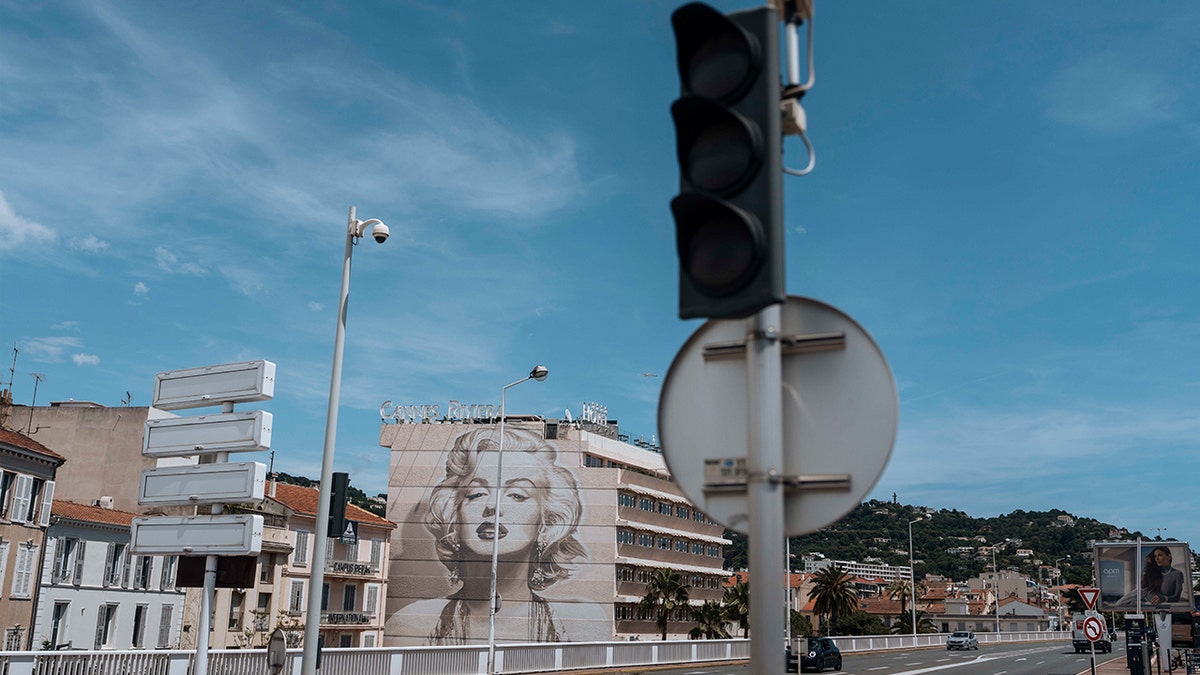
Traffic lights are switched off during an electricity outage in Cannes, southern France, Saturday, May 24, 2025. (AP Photo/Lewis Joly) (AP Photo/Lewis Joly)
Traffic lights in parts of Cannes and the surrounding city of Antibes stopped working after 10 a.m., leading to traffic jams and confusion in city centers. Most shops along the Croisette remained closed, and local food kiosks were only accepting cash. Train service in Cannes was also disrupted.
Screenings at the Cineum, one of the festival’s satellite venues, were briefly suspended, the festival added.
The Palme d’Or — the festival’s most prestigious prize — was set to be awarded Saturday night, with top contenders including Joachim Trier’s family drama “Sentimental Value,” Jafar Panahi’s revenge thriller “It Was Just an Accident,” Kleber Mendonça Filho’s political thriller “The Secret Agent,” and Óliver Laxe’s desert road trip “Sirât.”
World
Australia begins cleanup after floods kill 5, strand thousands

Hundreds of residents remain in evacuation centres, with 52 rescues made overnight despite conditions easing.
Prime Minister Anthony Albanese has announced the start of a cleanup operation in eastern Australia after record-breaking floods killed five people and stranded tens of thousands of people.
Damage assessments are under way for the coastal region of New South Wales in the east, where at least 10,000 properties are thought to have been damaged, the state’s emergency services agency said on Saturday.
Conditions have eased since Friday after days of relentless rain isolated towns, swept away livestock and destroyed homes, the agency added.
“We’re continuing to work closely across federal, state and local governments to make sure Australians get the support they need now and through recovery,” Albanese posted on X.
Despite improving conditions, hundreds of residents remain in evacuation centres with 52 rescues made overnight, State Emergency Services commissioner Mike Wassing said.
The death toll from flooding rose to five after a man in his 80s was found at a flooded property about 50km (32 miles) from Taree, one of the worst-hit towns, police said.
It’s “awful to hear the news of more loss of life”, Albanese said after being forced to cancel his trip to Taree on Friday due to floodwaters.
At their worst, the flooding isolated about 50,000 people and submerged roads in the country’s most populous state.
Coastal areas were left littered with debris and dead animals after a powerful storm system dumped months’ worth of rain in three days.
Train services, including airport services, were affected by flooded tracks. Sydney airport shut two of its three runways for an hour on Friday morning, delaying flights.
Australia has suffered a series of extreme weather events in recent years, which experts have attributed to climate change.
Frequent flooding has caused widespread devastation in the country since early 2021, following droughts and bushfires at the end of the last decade.
-

 Technology1 week ago
Technology1 week agoLove, Death, and Robots keeps a good thing going in volume 4
-

 Technology1 week ago
Technology1 week agoMeta asks judge to throw out antitrust case mid-trial
-

 World1 week ago
World1 week agoCommissioner Hansen presents plan to cut farming bureaucracy in EU
-
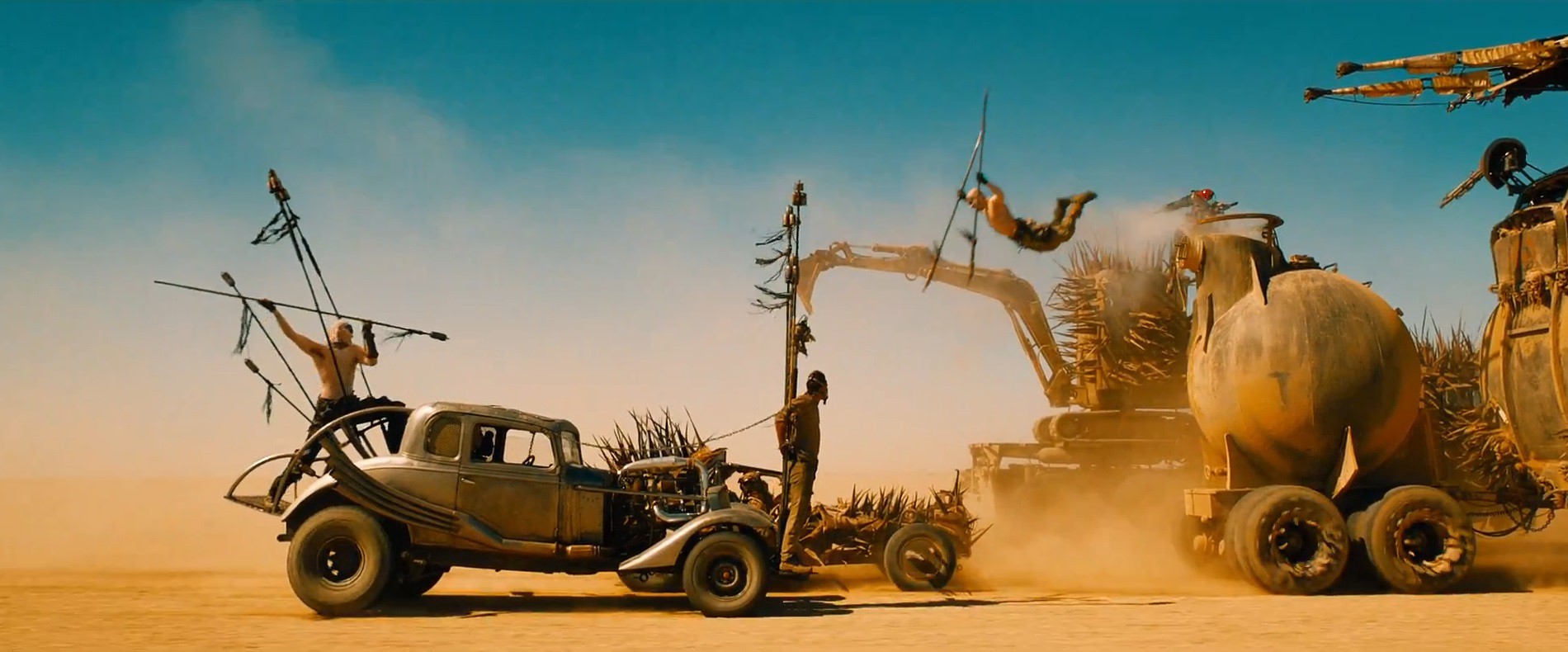
 Movie Reviews1 week ago
Movie Reviews1 week agoClassic Film Review: ‘Mad Max: Fury Road’ is a Lesson in Redemption | InSession Film
-

 News1 week ago
News1 week agoVideo: Doctors Heal Infant Using First Customized-Gene Editing Treatment
-
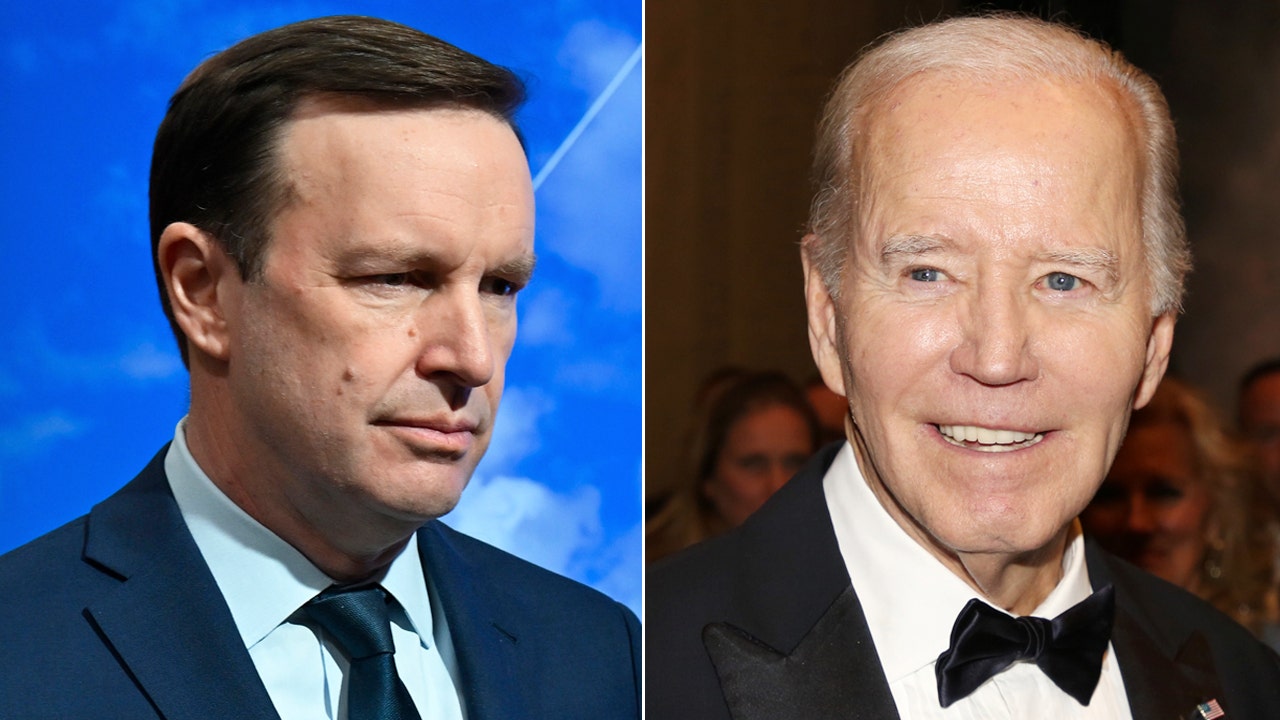
 Politics1 week ago
Politics1 week agoDem senator says 'no doubt' Biden declined cognitively during presidency
-

 News1 week ago
News1 week agoNew Orleans jailbreak: 10 inmates dug a hole, wrote ‘to easy’ before fleeing; escape plan found
-
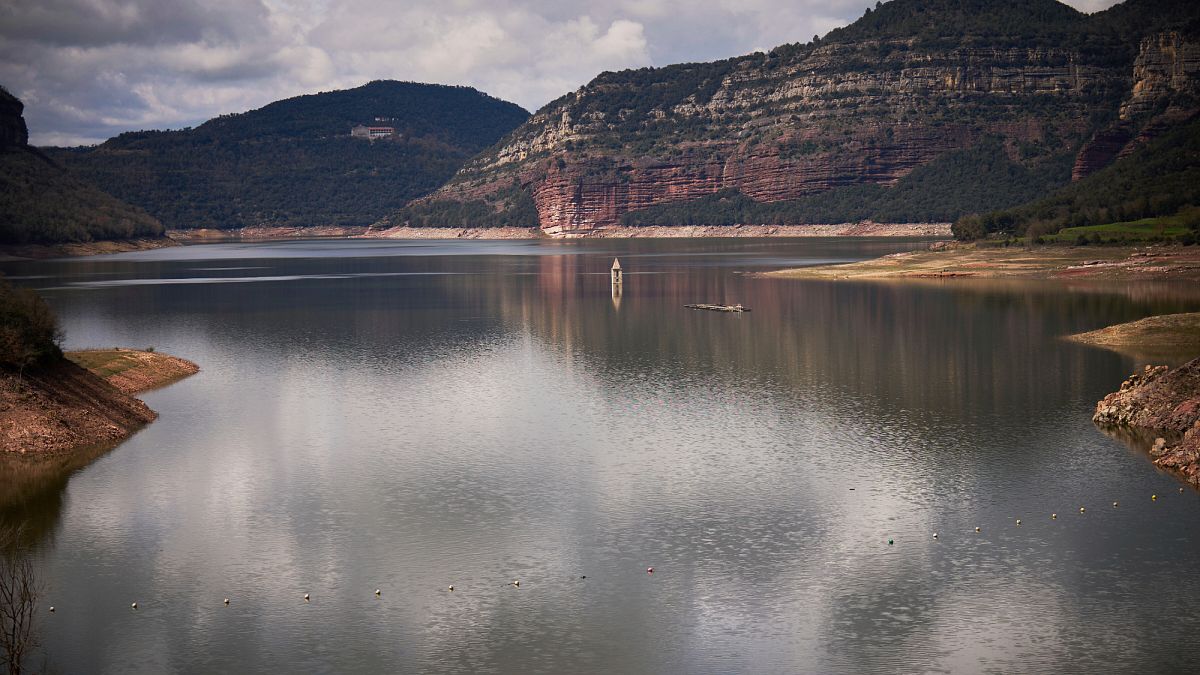
 World1 week ago
World1 week agoLeak: Commission to launch PFAS clean-ups in water resilience strategy
















